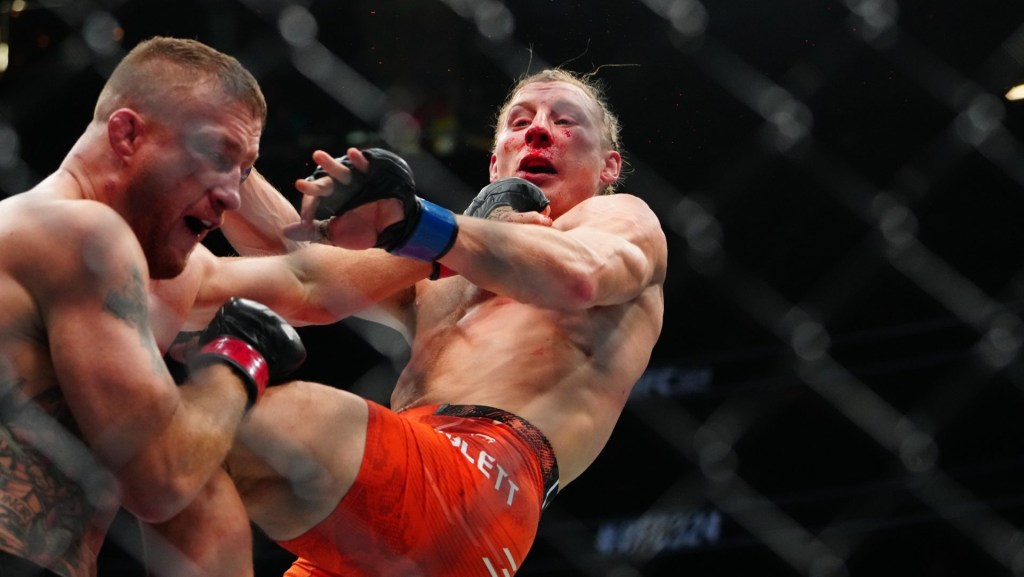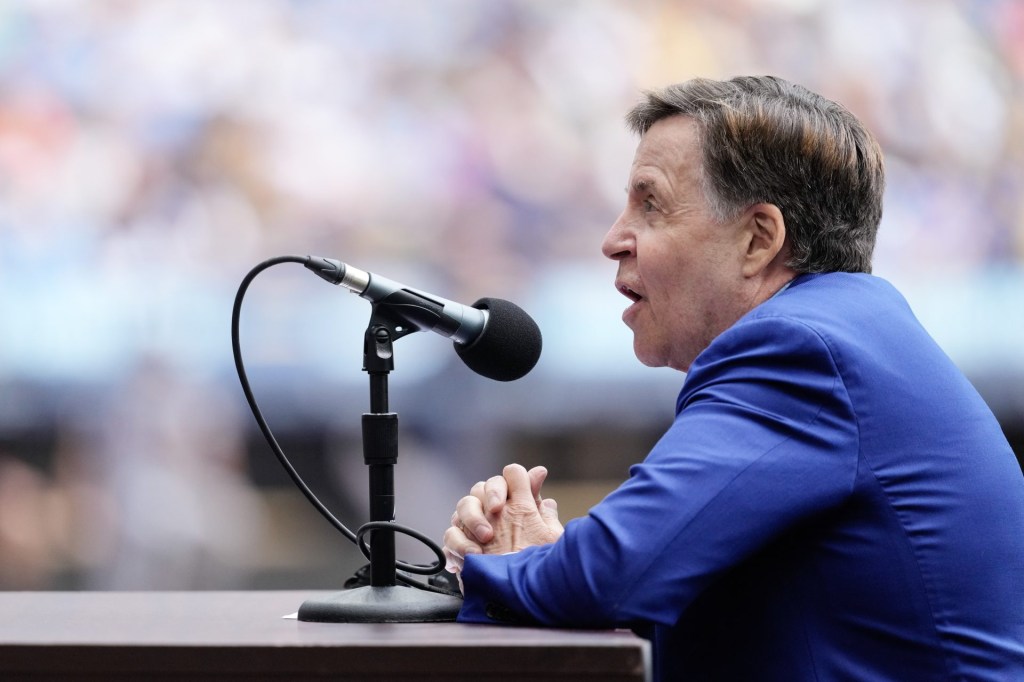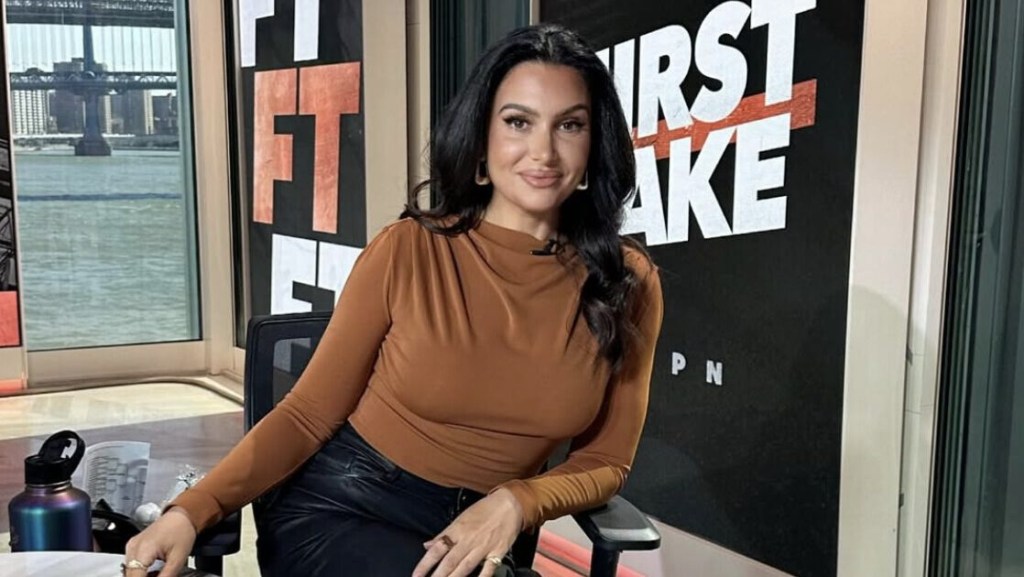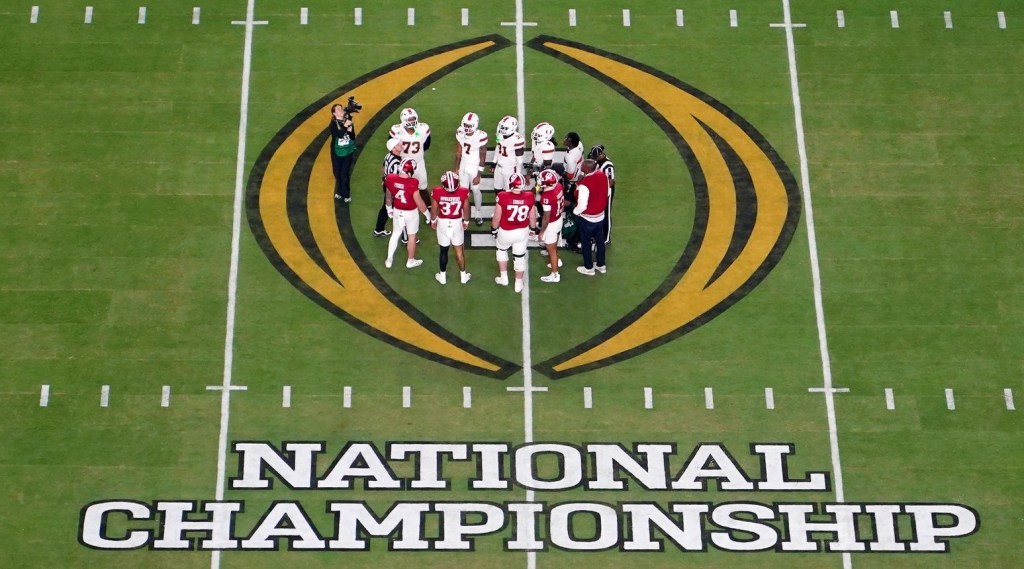Larry Collmus is entering rarefied air. He is set to call his record-breaking 15th consecutive Kentucky Derby for NBC Saturday after tying Dave Johnson’s previous record of 14 last year (Johnson called the Run for the Roses from 1978 to 80 and 1987 to 2000 on ABC).
Front Office Sports spoke with Collmus on how he got his start, the storylines in this year’s Derby, and his most famous calls. This interview has been edited for length and clarity.
How do you realize when you’re young that you want to call horse races, and that you’re really good at it?
My father was the guy that put in the soundsystem at the Maryland State Fair. They had horse racing there. He would have me work for him in the summer basically monitoring the sound at the race track while he did all the other stuff.
While that was happening, I just fell in love with racing—not only what was going on on the track, but the characters around it. I got to meet so many people. I just knew at that point that I wanted to be involved in some way.
And then I started listening to different race callers around the country. There’s so many different styles of calling. I became fascinated with it, and started doing impressions of guys that I heard. When I was up in the press box, a couple guys said, “You should try doing this for real!”
They suggested to get a pair of binoculars and a tape recorder. I’d go to tracks around Maryland during weekends when I wasn’t in school, and call races, and started to get a little better at it. I was overheard by the general manager of Pimlico [home of the Preakness Stakes], and he said, “Do you want to do this for real and call one a day?” I said, “Sure!” I was 18 years old.
As far as being good at it, I don’t know. I guess that’s a matter of opinion!
When did you start to feel like, “OK, this might be my whole life.”?
Pretty much right away. I had just started going to college at Loyola in Baltimore. I was spending a lot more time at Pimlico than school. I kind of figured that this was what I wanted to do, and when the opportunity came to be the assistant announcer at the track I made the move and dropped out of school.
In other sports, gambling is now discussed on the game broadcasts and there are ubiquitous ads for online sportsbooks. Betting has always been at the core of horse racing. How cognizant of the gambling odds are you as you’re preparing for a race?
You’re definitely very cognizant of the odds because that’s part of the whole story. One of the things that I look for right away is, who’s the favorite? This year we know it’s most likely going to be Journalism [with jockey Umberto Rispoli], so I will be focused a little more on him in the race than some of the other races. It certainly plays a big role.
On the other side of the spectrum, when Rich Strike won the race at 80-1 odds a few years ago, I was completely aware that this was a big shock—and I was as shocked as anybody.
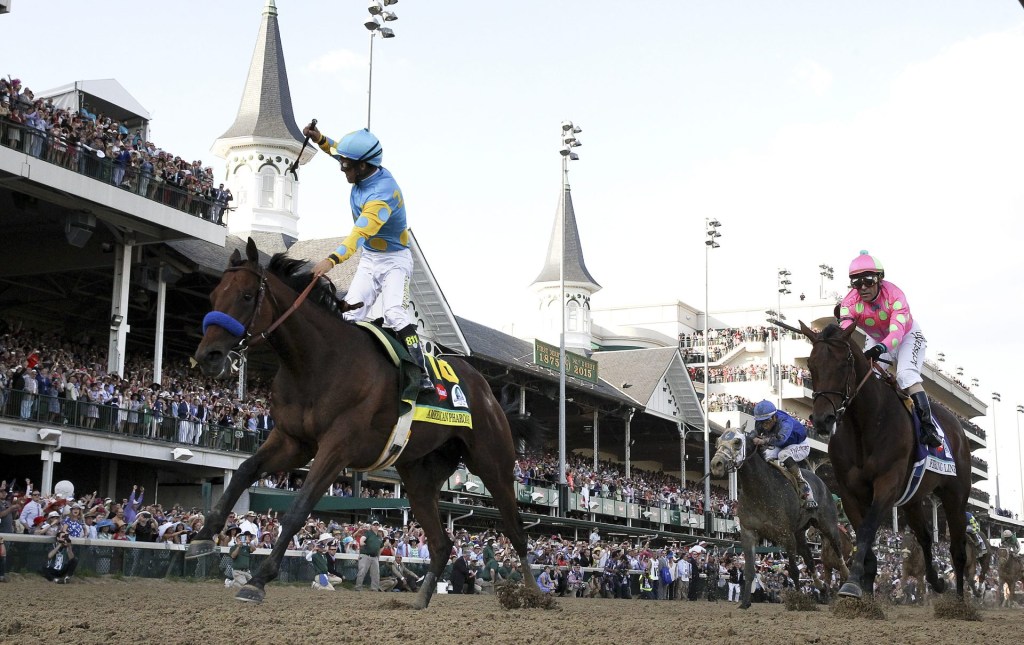
Besides Journalism, what major stories do you see in the Derby?
The return of [two-time Triple Crown–winning trainer] Bob Baffert is one of them. He has two horses in the race—Rodriguez and Citizen Bull—and they both have a whole lot of early speed, so that might make things interesting. I expect them to come out of the gates really fast.
Sandman is going to be a popular horse because of his name, and being a gray, and his connections. One of the owners, a young influencer, Griffin Johnson, has millions of followers. I think that’s great for the sport to have people like him promote racing to his followers who are in a demographic that we’d love to have.
Japanese owners are trying to win the Kentucky Derby again with two horses. One of those two horses is the son of American Pharoah—two of his sons are in his Derby. This is the first time since he won the [2015] Triple Crown that any of his offspring are in the Derby. Their names are Luxor Cafe and Publisher. Publisher has never won a horse race in his life. He’s trying to win a race for trainer Steve Asmussen, who is one of the best trainers in North America, but he’s 0-for-26 in the Kentucky Derby.
You had a race at Monmouth in 2010 where one of the top horses was Mywifenosevrything and the other was Thewifedoesntknow. Did you know before the race that these two could be facing off head-to-head, and how crazy is it when a race call takes on a life of its own like that?
I wasn’t even aware of it for the longest time during that day, because on a regular racing day you just take it race-by-race. I happened to be reading the racing forum and the comments, and it said, “Well this should make for an interesting race call.” And I was like, “What’s he talking about?”
I think one was the 2 and the other was the 7, so they weren’t even close to each other in the program. But then I looked and said, “Well this is something!”
So, the only thing I thought of at the time was, “Don’t mess this up. Get them right and go from there.”
As the horses were heading down the back stretch of the race, you could see them both starting to move. After you’ve called so many races, you start to get an idea of who’s going the best and you’re like, “These two are going to be alright!”
From there, the race call went on, and whatever came to mind came out. When it was over, I remember thinking, “That was kind of fun.” You’ll get a few chuckles from some friends. Then all of a sudden, the next day, people are like, “You’re all over the news!”
The track at Monmouth called me, and I had left to go hang out at Saratoga just because it was an off day. They were like, “We need you to come back! They want you on the CBS morning show and Inside Edition!”
It shocked me how many legs that race had. I keep hearing about it 15 years later. It’s crazy.
When did you realize American Pharoah could win the Triple Crown?
You always, after the Kentucky Derby, think there’s a possibility—because obviously, there is. But you don’t get ahead of yourself.
When he overcame everything, with the muddy conditions and driving rain, and made it look so easy at the Preakness, you’re like, “Oh boy, here we go. This could be the one.”
The year before, California Chrome had failed, and it was my first race call for a horse going for the Triple Crown. I was like, “At least I got one under my belt.”
After that Preakness, I knew I had to prepare myself for it because it could very well happen.
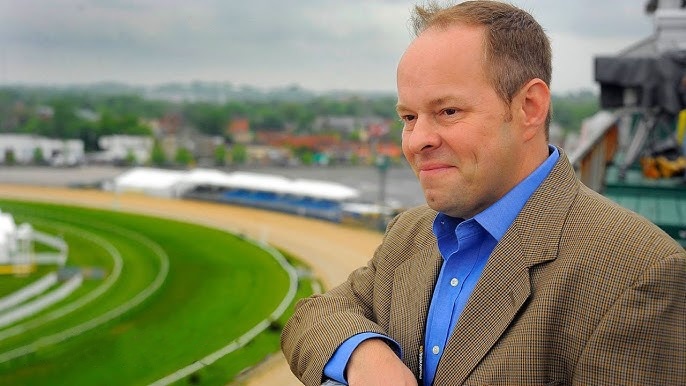
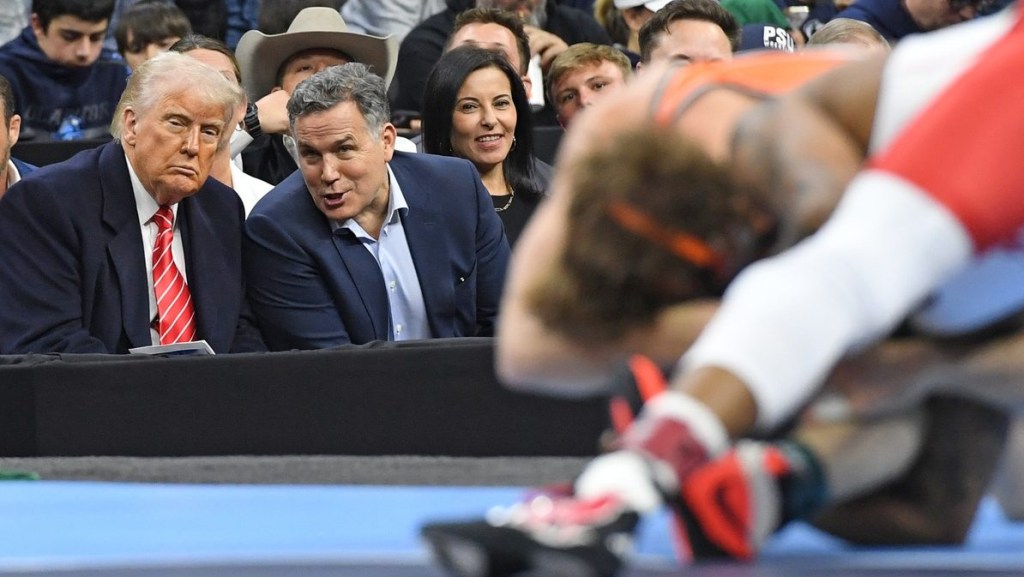
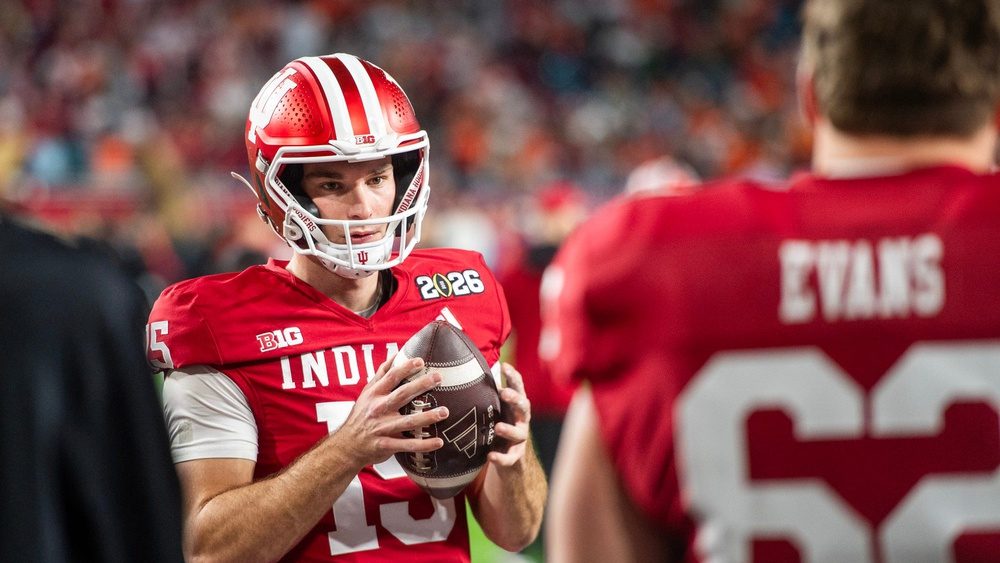
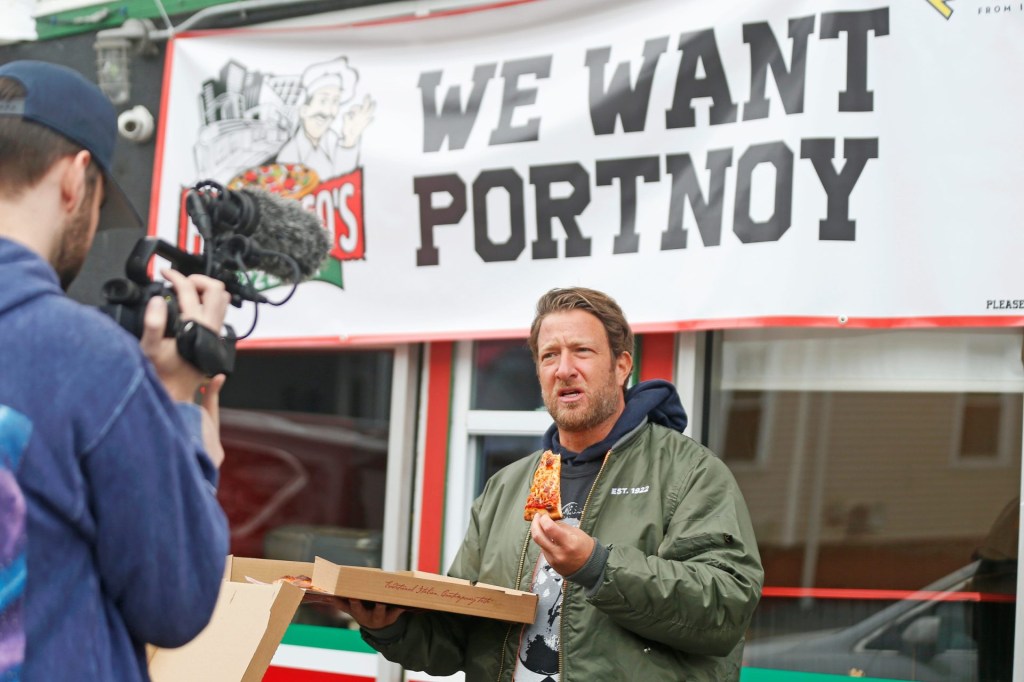
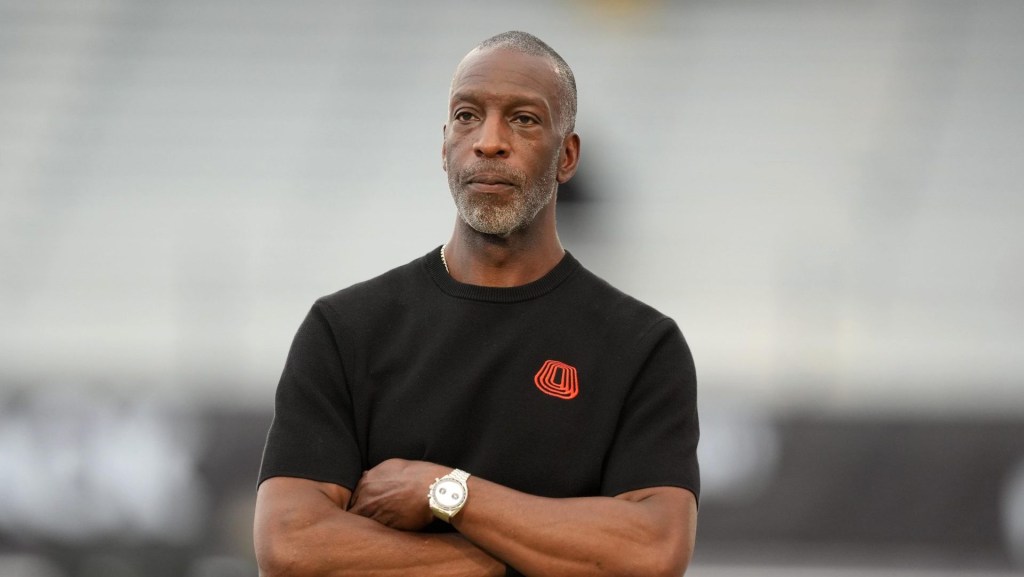
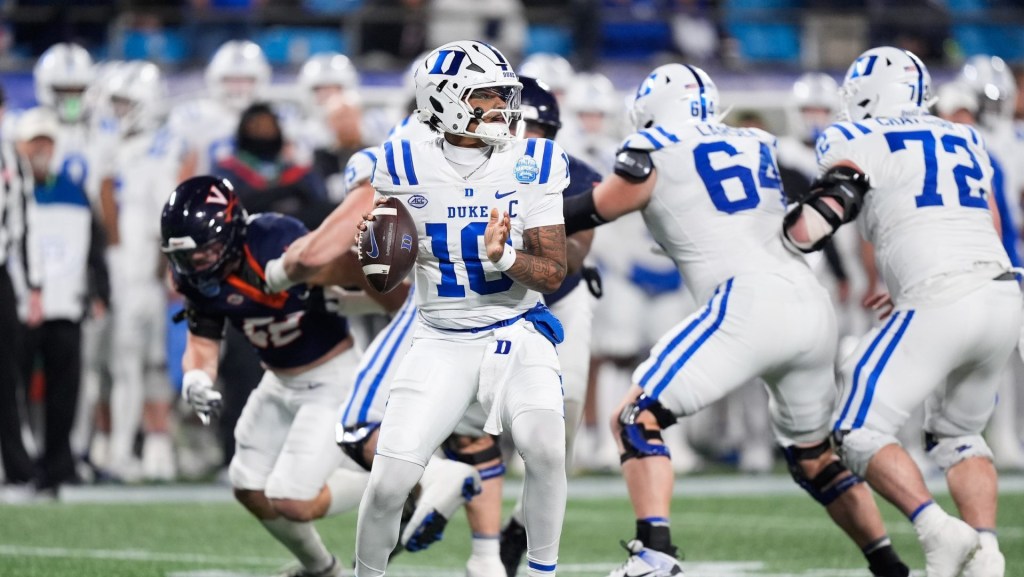




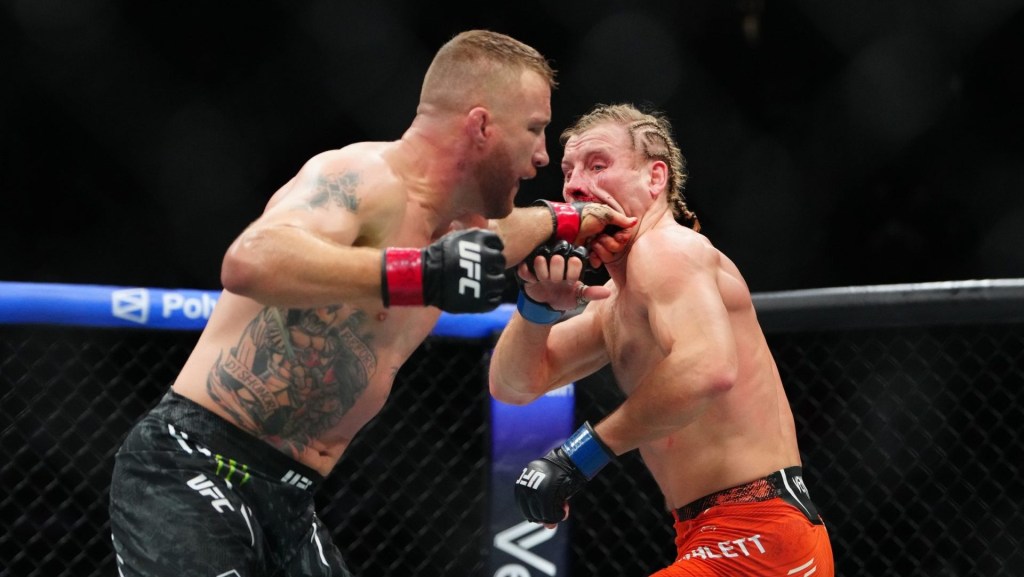
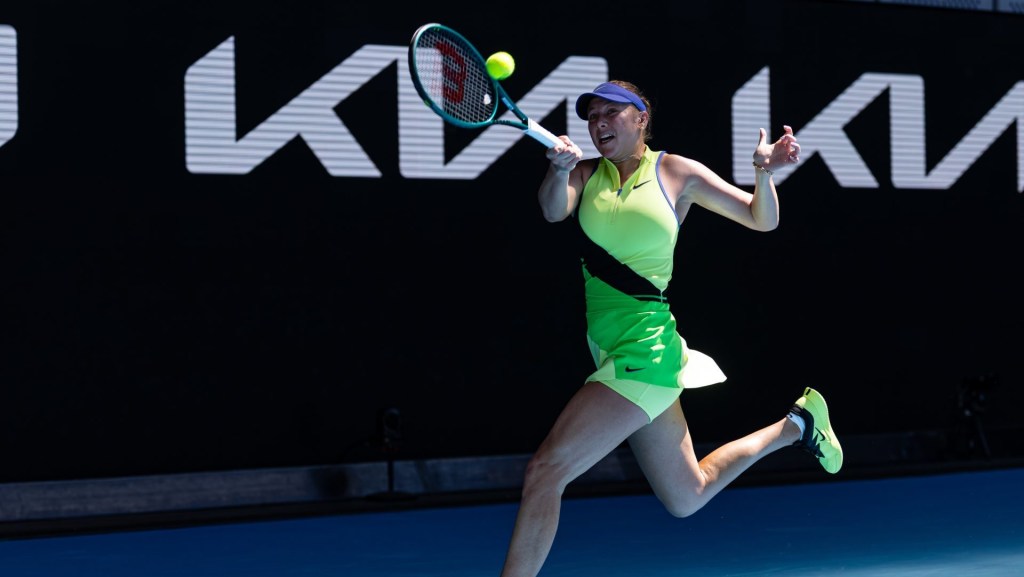
![[US, Mexico & Canada customers only] Jan 25, 2026; Taipei, TAIWAN; Alex Honnold free solo climbs Taipei 101.](https://frontofficesports.com/wp-content/uploads/2026/01/USATSI_28081468_168416387_lowres-scaled.jpg?quality=100&w=1024)

